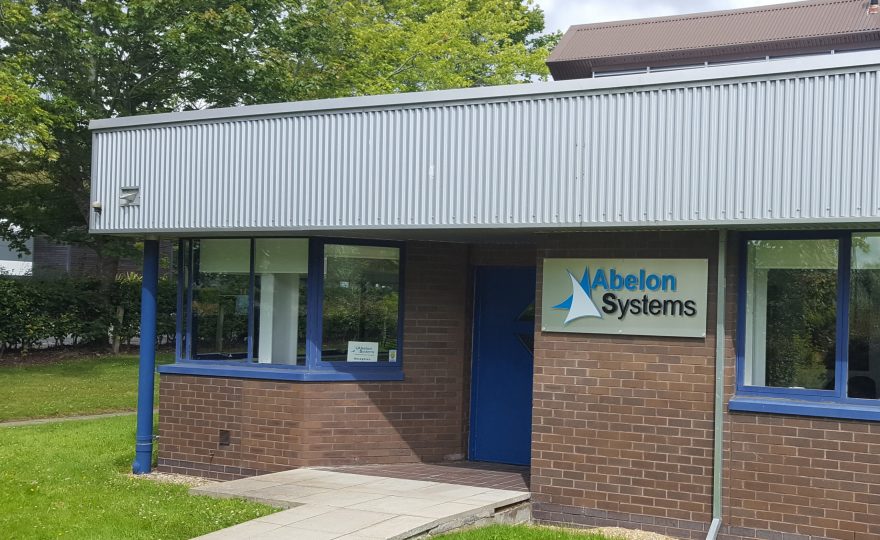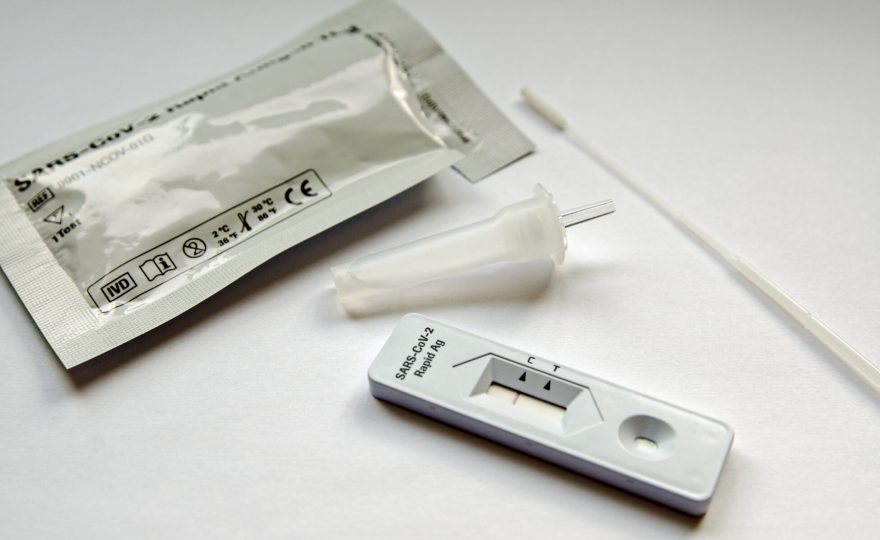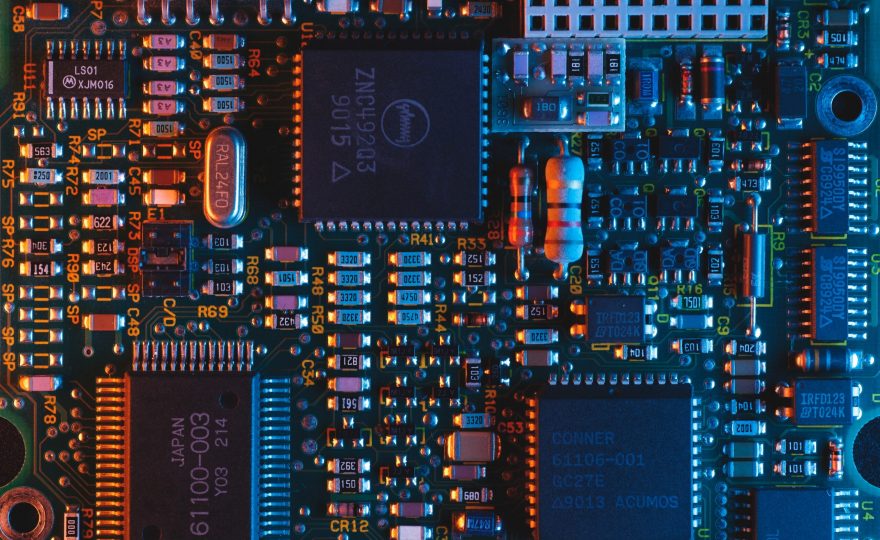Embedded systems as a specific market and technology emerged shortly after the invention of the microprocessor and microcontroller and before the emergence of the PC. Historically the market has matured rapidly to the present day, the common factor being a general increase in the available processing power and corresponding decrease in the physical size of the system required to carry out a specific task. Performance has increased dramatically since those early days and the development of pervasive mobile networks has contributed to the growth of the market by facilitating the use of “Machine-to-Machine” (M2M) wireless communications to allow remote monitoring and management.
M2M systems use network resources to communicate with remote application infrastructure for the purposes of monitoring and control, either of the device itself, or the surrounding environment. Recent sensor developments have meant that low power systems are capable of continuously monitoring their environment while permitting battery life of up to ten years or even more. This M2M market has now expanded to fuel a new family of embedded systems where smart (intelligent) devices are connected together to interact with each other and their environment. This has become known as the Internet of Things (IoT) and is one of the most talked about trends of recent years.
One area where many of the concepts of the IoT have been developed is in the world of smart metering. Smart meters, particularly gas meters which are battery powered, are by their very nature low power devices which continuously monitor the usage of electricity, gas or water and periodically send back information on this usage to central “head-end” systems for billing.
 Previously meter manufacturers have focused on making cheap, “dumb” meters, but increasingly they are turning to communications and embedded systems specialists to help them develop products for the emerging smart meter market. These new smart meters are more akin to mobile phones or tablets in terms of their processing and communications capabilities and this requires a shift in the way that meters are designed.
Previously meter manufacturers have focused on making cheap, “dumb” meters, but increasingly they are turning to communications and embedded systems specialists to help them develop products for the emerging smart meter market. These new smart meters are more akin to mobile phones or tablets in terms of their processing and communications capabilities and this requires a shift in the way that meters are designed.
A number of embedded processor manufacturers are starting to recognise the need for specialised devices such as microcontroller units (MCUs) which are optimised for smart metering or smart grid applications. These allow the integration of several peripherals and functions onto a single device which reduces both the size and power consumption of the smart meters using these devices.
Of course the embedded hardware is only one part of the story, and this is where embedded software specialists such as Abelon Systems come in. Smart meters are complex systems and require sophisticated and intelligent software to make best use of the hardware features, as well as providing secure and reliable delivery of the metering data.
For a good article on the background to smart meters and smart grids, Texas Instruments have produced a white paper called “A smarter grid with the Internet of Things”
However, as well as TI, a number of other silicon vendors such as Atmel, Silicon Labs and Freescale have launched similar specialist devices, each with their own advantages.
If you have any comments or questions on this article please contact us via the website.
Abelon are experts in the field of embedded system design and smart meters are a particular area of expertise. In addition to product development we are often asked to provide consultancy and advice to our clients to help them formulate a strategy for product development.



